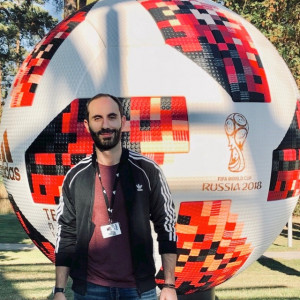Hello all,
I am new to the site and have a question. I've applied to a McKinsey office in an Eastern European country (my home country/city). I recieved 1st round interview request a week after my application, which I thought was quick. I am a senior in a good (Top 20 Global) American University, but my GPA is not well, under 3.0. After reading and doing research on the recruitment process, I found that that is very low for McKinsey.
My questions are:
Why did they let me past the CV screening and sent a interview this fast (in one week) and with a low GPA? Can this be due to the fact that the office I've applied to did not recieve applications from good colleges (maybe received applications mainly from local uni's?), and I am one of the more qualified applicants? Would this affect their expectation for the interview? (meaning even though I dont do excellent in the cases, they would still consider me for the job, assuming I am more qualified than the rest of the applicants based on my education)
Also, I have one week to my first round of interviews, which are scheduled on different days. (one interview on one day, the other one on the other). They are going to be virtual conference interviews since I am abroad, studying. I have a hectic week with 4 exams on top of the interview so that affects the amount of time I can practice. I can't reschedule my interviews because I already confirmed them (big mistake). And lastly, they informed me about the interviews just one week prior to the interview itself. So, how should I use this time (1 week) to practice?
Thanks a lot in advance,











